Where and when did the Children's Day start from?
Children's Day began on the second Sunday of June in 1856 by Reverend Dr. Charles Leonard, pastor of the Universalist Church of the Redeemer in Chelsea, Massachusetts: Dr. Leonard held a special service dedicated to, and for the children. Dr. Leonard named the day Rose Day, though it was later named Flower Sunday, and then Children's Day.
Children's Day was first officially declared a national holiday by the Republic of Turkey in 1929 with the set date of 23 April. Children's Day has been celebrated nationally since 1923 with the government and the newspapers of the time declaring it a day for the children. However, it was decided that an official declaration was needed to clarify and justify this celebration and the official declaration was made nationally in 1931 by the founder and the President of the Republic of Turkey, Mustafa Kemal Atatürk.
The International Day for Protection of Children is observed in many countries as Children's Day on 1 June since 1950. It was established by the Women's International Democratic Federation on its congress in Moscow (4 November 1949). Major global variants include a Universal Children's Holiday on 20 November, by United Nations recommendation.
Universal Children's Day takes place annually on 20 November. First proclaimed by the United Kingdom in 1954, it was established to encourage all countries to institute a day, firstly to promote mutual exchange and understanding among children and secondly to initiate action to benefit and promote the welfare of the world's children.
That is observed to promote the objectives outlined in the Charter and for the welfare of children. On 20 November 1959 the United Nations adopted the Declaration of the Rights of the Child. The United Nations adopted the Convention on the Rights of the Child on 20 November 1989 and can be found on the Council of Europe website.
In 2000, the Millennium Development Goals outlined by world leaders in order to stop the spread of HIV/AIDS by 2015. Albeit this applies to all people, the main objective is with regard to children. UNICEF is dedicated to meeting the six of eight goals that apply to the needs of children so that they are all entitled to basic rights written in the 1989 international human rights treaty. UNICEF delivers vaccines, works with policymakers for good health care and education and works exclusively to help children and protect their rights.
In September 2012, the Secretary-General Ban Ki-moon of the United Nations led the initiative for the education of children He firstly wants every child to be able to attend school, a goal by 2015.
Secondly, to improve the skill set acquired in these schools. Finally, implementing policies regarding education to promote peace, respect and environmental concern. Universal Children's Day is not just a day to celebrate children for who they are, but to bring awareness to children around the globe that have experienced violence in forms of abuse, exploitation and discrimination. Children are used as labourers in some countries, immersed in armed conflict, living on the streets, suffering by differences be it religion, minority issues, or disabilities. Children feeling the effects of war can be displaced because of the armed conflict and may suffer physical and psychological trauma. The following violations are described in the term "children and armed conflict": recruitment and child soldiers, killing/maiming of children, abduction of children, attacks on schools/hospitals and not allowing humanitarian access to children. Currently there are about 153 million children between the ages of 5 and 14 who are forced into child labour. The International Labour Organization in 1999 adopted the Prohibition and Elimination of the Worst Forms of Child Labour including slavery, child prostitution and child pornography.
A summary of the rights under the Convention on the Rights of the Child can be found on the UNICEF website.
Canada co-chaired the World Summit for children in 1990 and in 2002 the United Nations reaffirmed the commitment to complete the agenda of the 1990 World Summit. This added to the UN Secretary-General's report We the Children: End-of Decade review of the follow-up to the World Summit for Children.
The United Nations children's agency released a study referencing the population increase of children will make up 90 per cent of the next billion people.
Source: Wikipedia.com
Children's Day in Nigeria
As against the date set aside to celebrate the Universal Children's Day by the United Nations, Nigeria as a nation declares a Nation Public Holiday to celebrate her children.
This goes a long way in emphasizing the value our children possess as the keys to our future. The truth is everyone of us adults were once children and since growth and change is the only thing that is constant, these children that we sometimes see as insignificant may end up being the Trumps, Zuckerbergs and Dangotes of Tomorrow.
Below are some photos from the Children's Day celebration across Lagos, Nigeria:
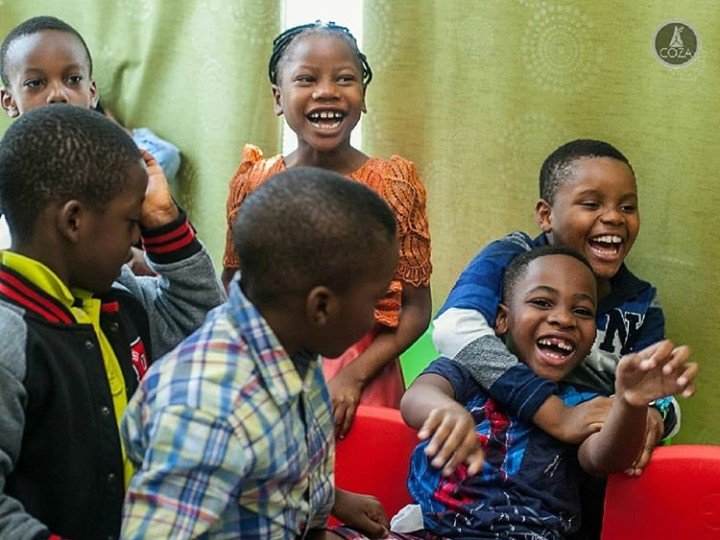
Thanks for viewing.
Kind Regards,
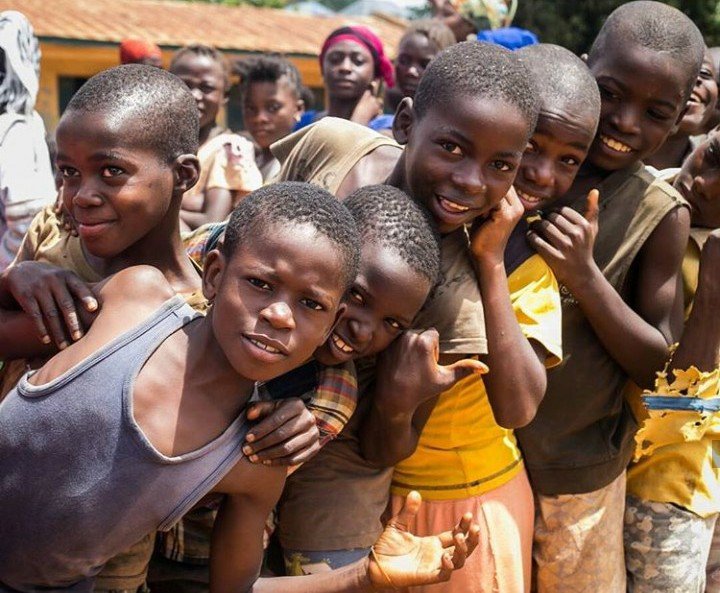
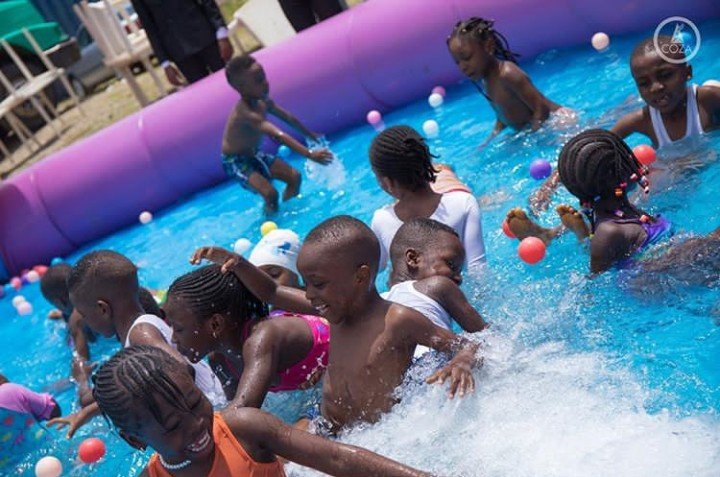
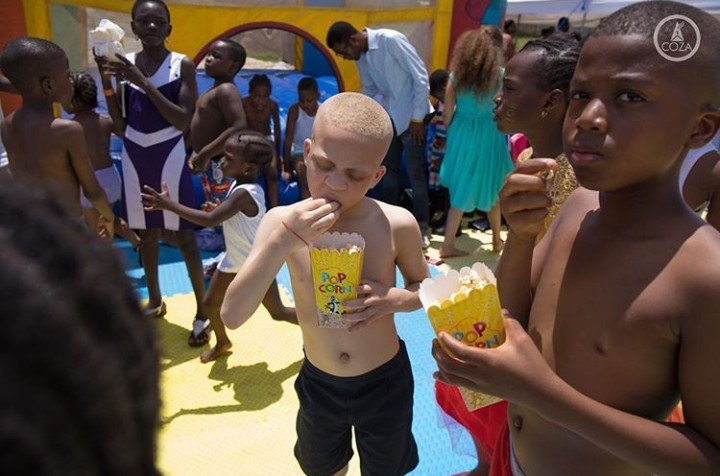
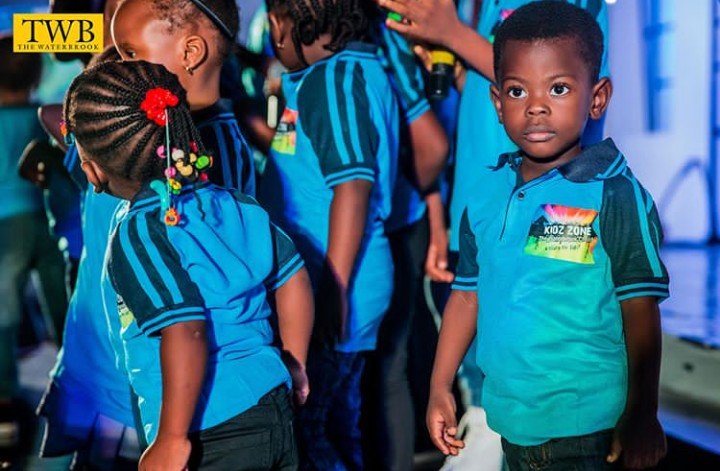
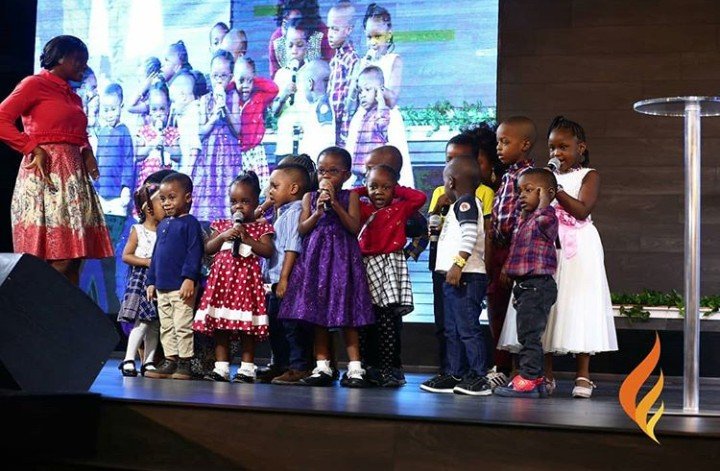
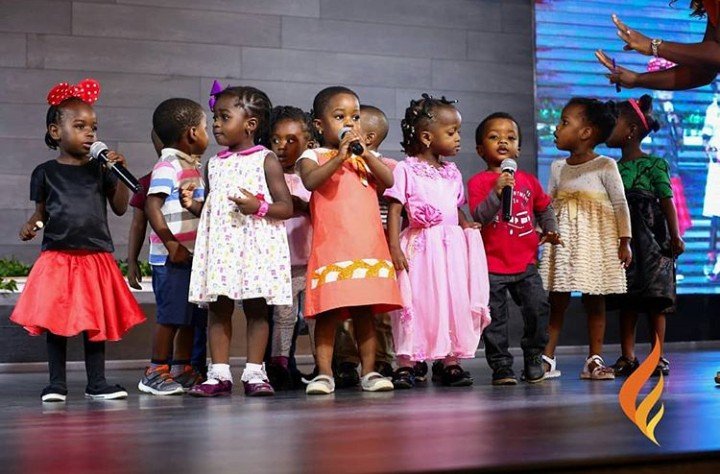
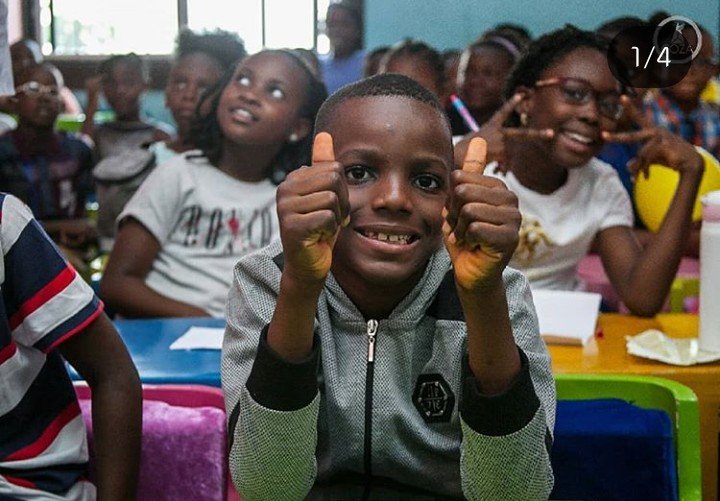
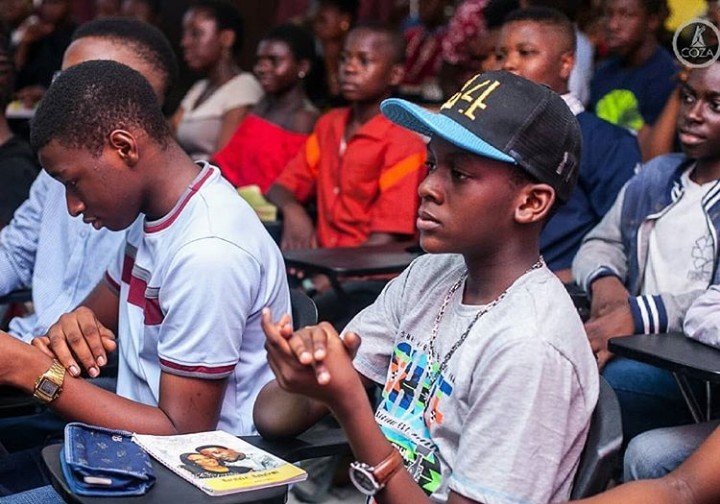
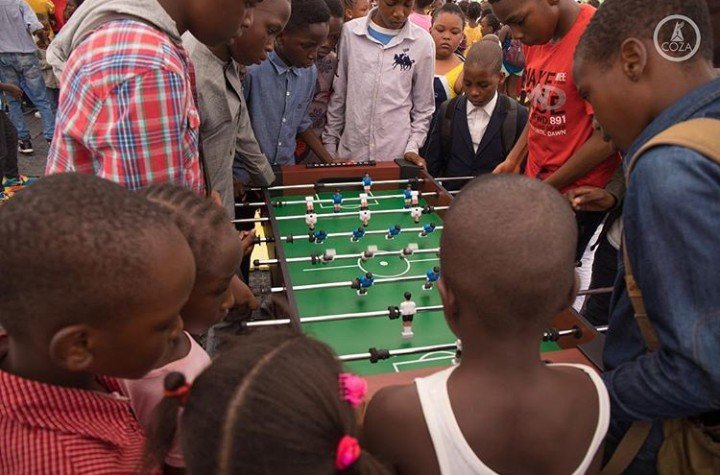
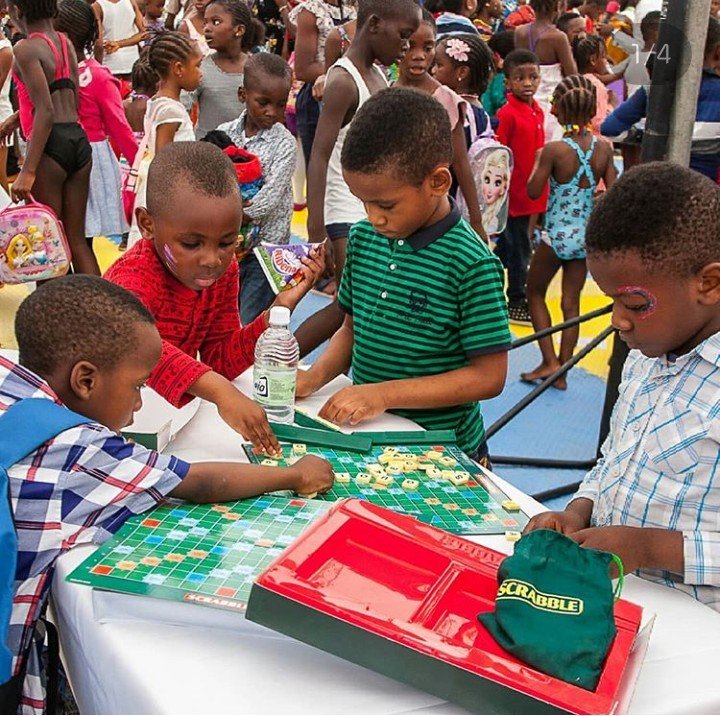
Lovely pictures of the Children's day in Lagos, Nigeria.
I'm hoping to visit Lagos next month,the place seems to be really interesting.
I stay in the south though,prepare to host me😉.
Lagos is really nice. When you eventually visit, you'll be glad you did
I hope so,thanks.
Congratulations @solomonogene! You have completed some achievement on Steemit and have been rewarded with new badge(s) :
Click on the badge to view your Board of Honor.
If you no longer want to receive notifications, reply to this comment with the word
STOP